3) One Hundred Percent
Okay. This seems like a good place to go back to the point about there not being a show, because we do keep landing on there, thus far with very little sign of finding any resolution. As mentioned, it wasn’t as though the show lacked content. We had songs. We had characters. We had scenes. We even had set pieces. What was it lacking?
There are two aspects to this question. The first one is fairly straight-forward, and, being so, was relatively straightforward to solve: the show lacked cohesion. The numbers it was missing were those that, somehow, turn rag-tag lists of songs into a show, or at the very least a song cycle or revue. As we began rehearsals, it soon became apparent that some sort of main through-line, and the basis of a main character, were being called for to help this happen. This led to the development of some of the more dramatically involved numbers in the show, including the You Can Make Me Smile/Departures sequence, the romantic duet What Would You Do, and the psychological nightmare Nocturne. It also became clear that, while not, strictly speaking, the story’s protagonist (this is one spoiler I’m not giving away today), Soul was indeed the main character of the show—the one through whose eyes we and the audience were to traverse the proceedings—and needed to be treated accordingly. It is at this point when I cannot help but recall, somewhere between rehearsal and rehearsal, in a half-hour flash of white fury, that the epiphany song When Tomorrow Comes came into being, and solidified the character’s role as group conscience, albeit at times a reluctant one.
For my part, I had no idea what was wrong, nor what the solution was for it. I would imagine the same could be said for the cast. However, we’d come to trust Fiona implicitly over the course of rehearsals—she had never led us astray before, why would she now?
It was magical.
4) Live to Tell
Yet, every so often, I would take it out of mothballs, and look it over, maybe do some rewrites, sketch out a new song. In those times, I find myself having this ongoing conversation with myself, wherein I’d pose the question: isn’t it about time to say goodbye to States of Matter? To let go of this ten, eleven, twelve, thirteen-year-old show once and for all?
I think of Fiona’s revisions. I consider them deeply. I’ve become very clear on the fact that they were not only necessary, not only ingenious, but likely integral to the success of what I like to refer to now as “SOM 2000.” Without them, I imagine, that, while audience members would likely have still been supportive, I don’t think we would have seen the droves of moistened-eyed pundits urging their way into the green room to say hello to the cast and crew, who had worked so hard to create something so out of the ordinary that night. It was an incredibly emotional set of moments, put together by an incredibly rare combination of energies. I certainly was blind-sided, and I don’t imagine we’d be able to create this catharsis again.
Think of the experience of living history. I have friends who participate in this, and I have a passing interest in it myself. The idea of cooking a meal from scratch upon an open hearth to me holds in it an incredible sense of romance and adventure. So, one day I hope to create circumstances that will allow me to do such a feat, and, once done, have myself and my loved ones enjoy the fruits of our labors. But that doesn’t mean I have a wish to live in, say, the 18th century. I’m happy, in this case, to let the past be the past, while allowing, even chasing, for certain experiential aspects of this past to exist in the present. This is what’s called a dialectic, two contradictory poses that exist as one; life is full of them, and, I’m learning, the more of these apparent paradoxes I can come to understand, the more of them I can accept in life. And the more I can accept in life, the more opportunities there are, and the more options open up. At least, that’s what seems to make logical sense to me.
What is States of Matter, and what is its relevance in my life? On one hand, it’s a twenty-year-old piece of music theater that doesn’t particularly represent who I am now as a writer. Yet, and on the other hand, I have a great deal of love for it. And I do believe that, in all its sentimentality and generic inspirationalism, it still has things to offer in the marketplace of ideas, especially to young people or anyone who might be undergoing a process of loss of innocence, and a re-deciding of who they are, and, more importantly, who they would like to be. We are all the fearless explorer. We are all the shrewd pragmatist. We are all the turbulent psyche. And we are all the wise sage. We all wander through the rain, and we all long for home. This year we mark the 20th Anniversary of States of Matter’s first, and only, performance. In honor of it, we will be presenting, “States of Matter: In Concert”—an abridged version of the original show, in concert form, with select new material, and brand new orchestrations. Details to follow at bluedorian.com. We look forward to joining with you, in heart, music, rhythm, and soul.
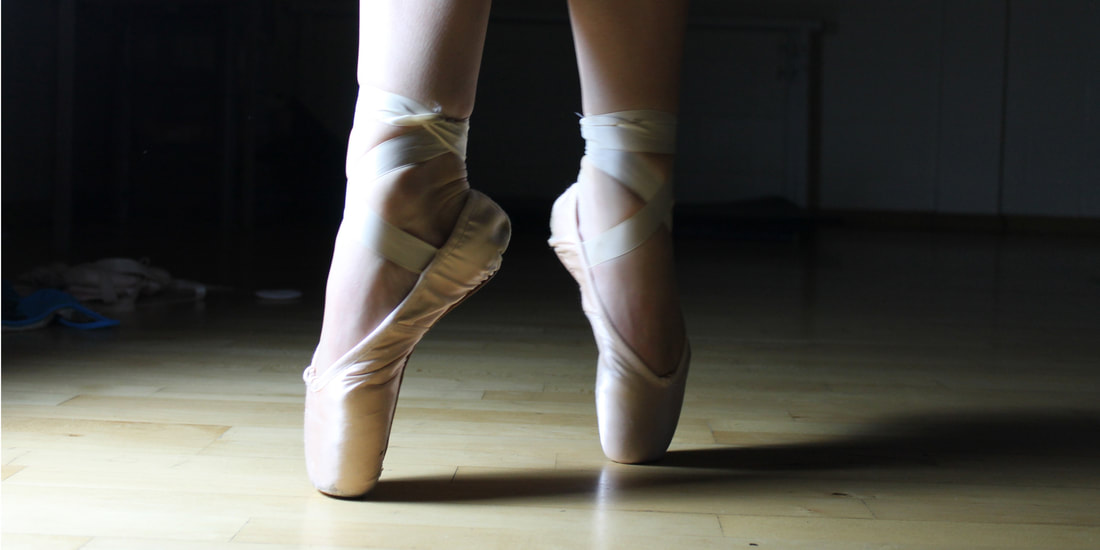


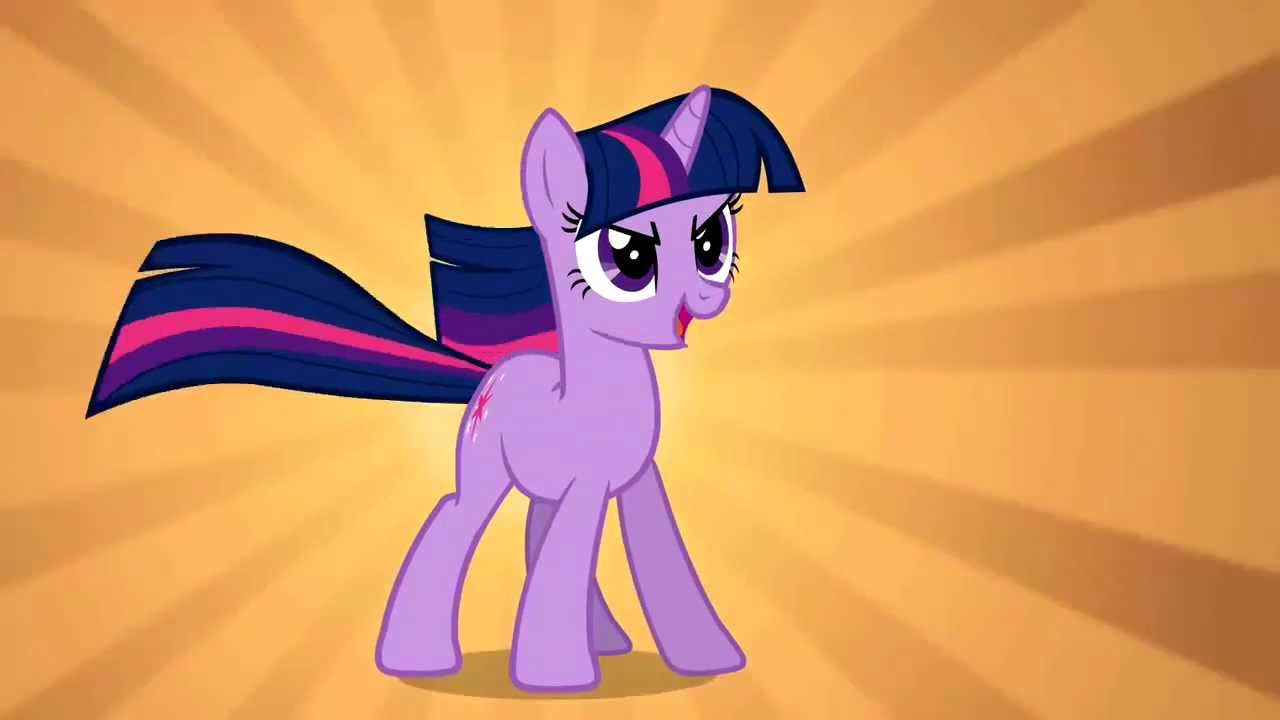

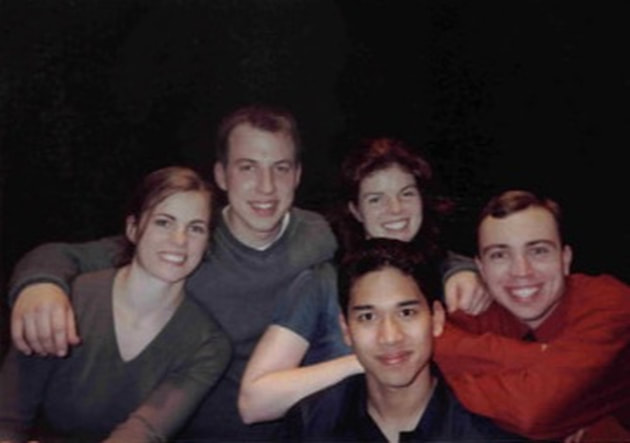

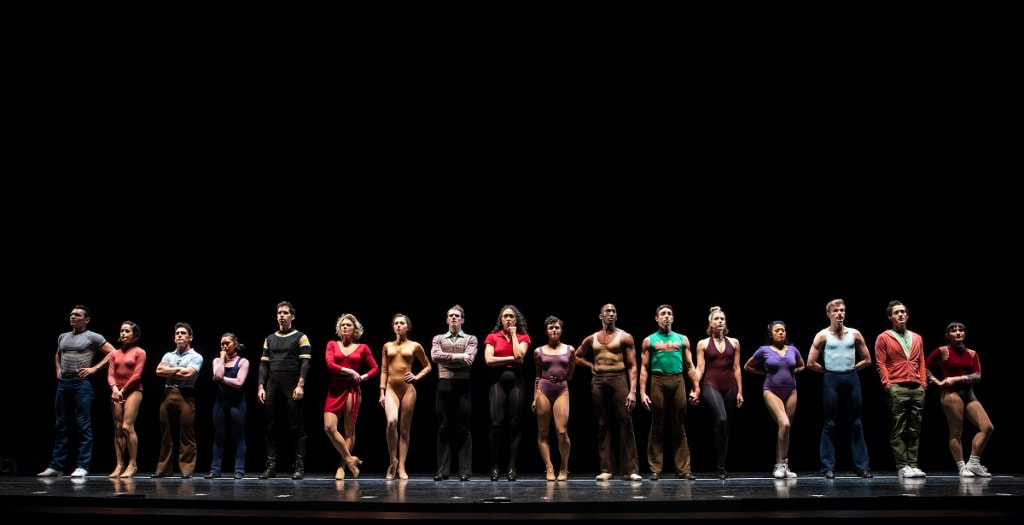
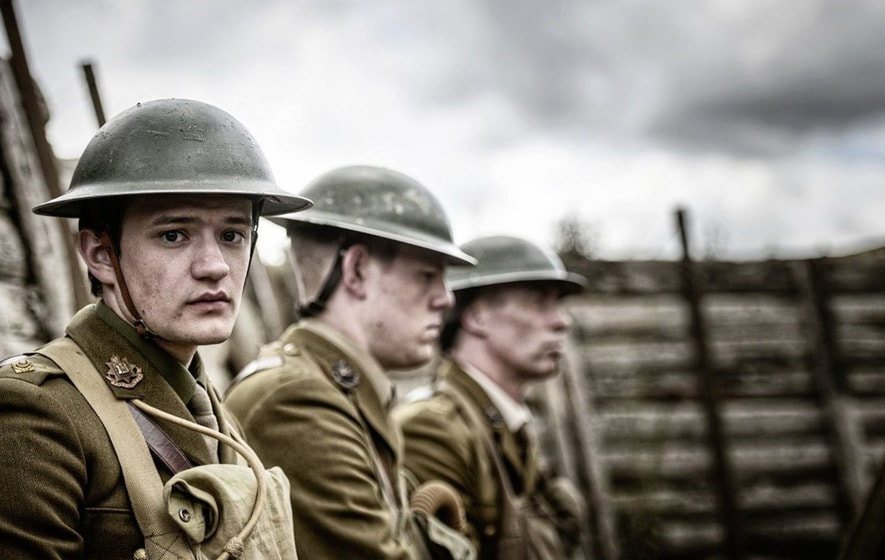
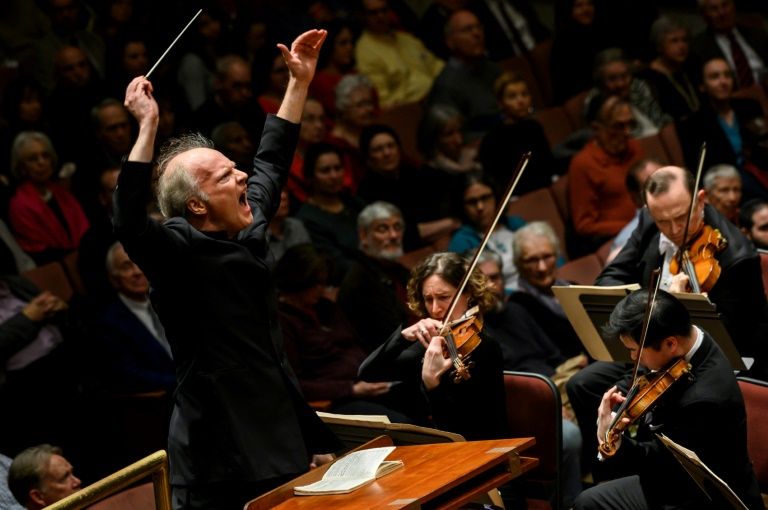




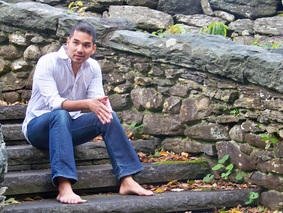
 RSS Feed
RSS Feed
